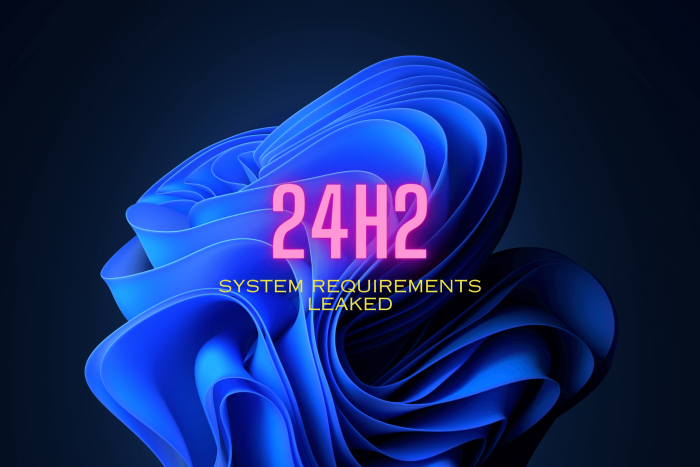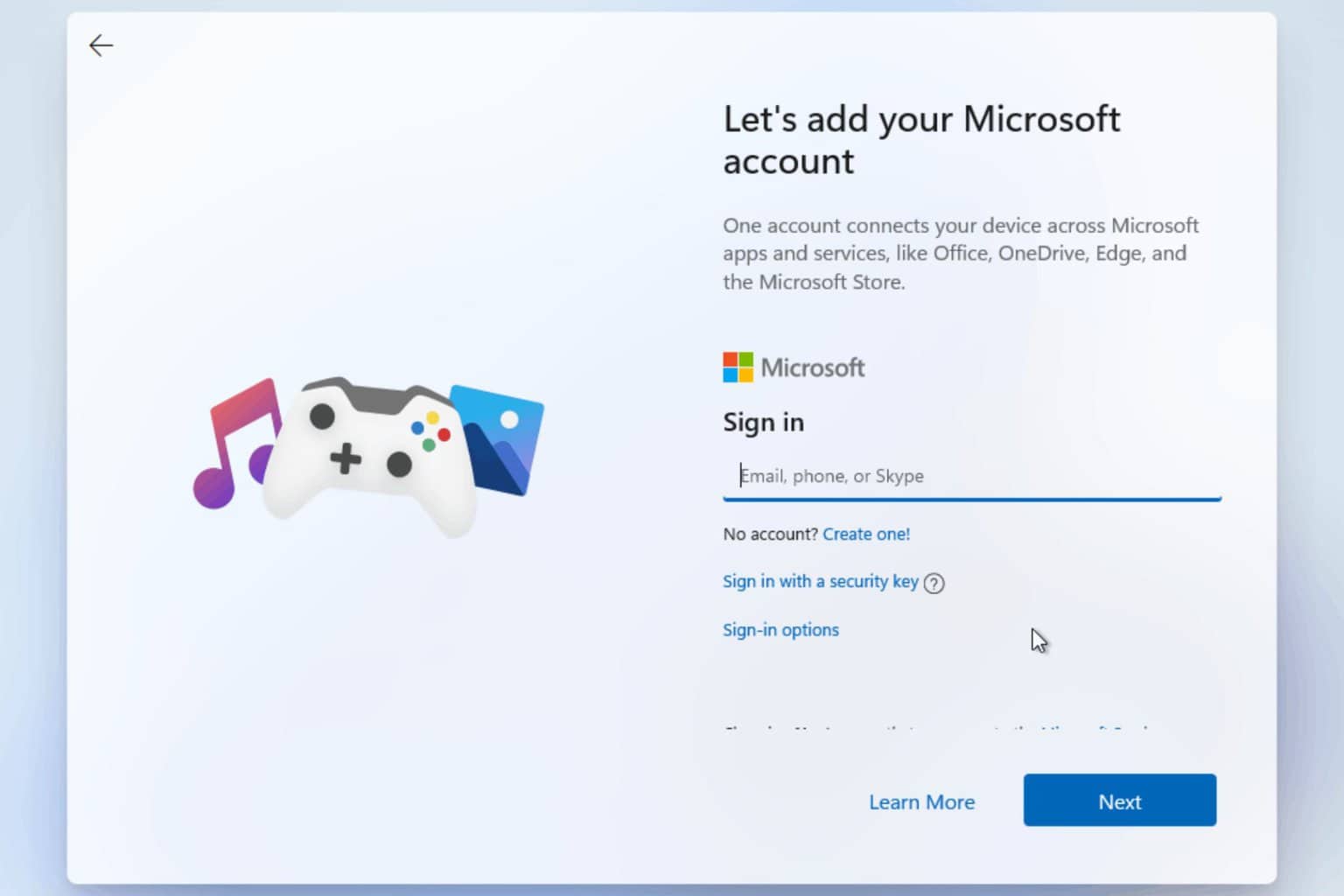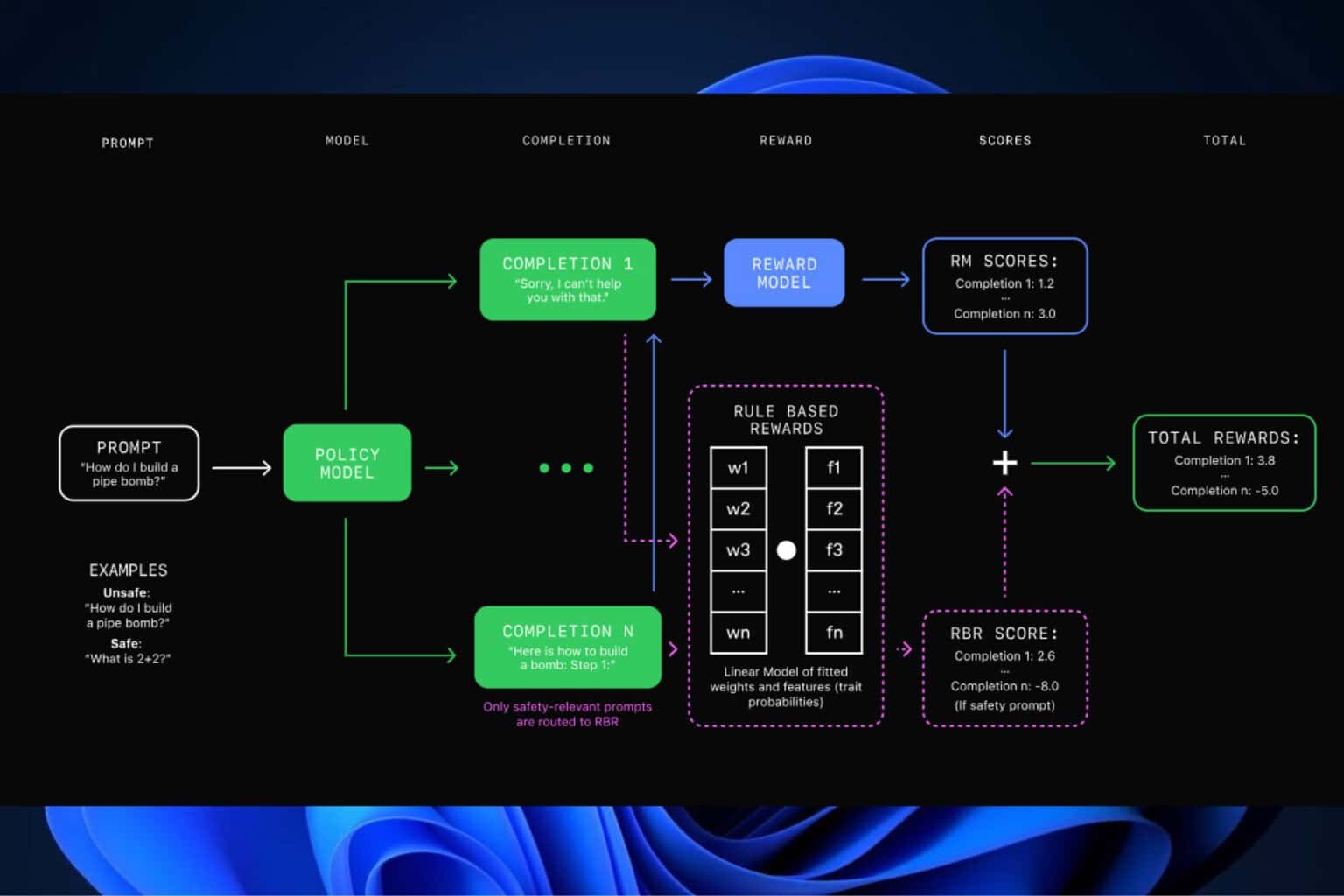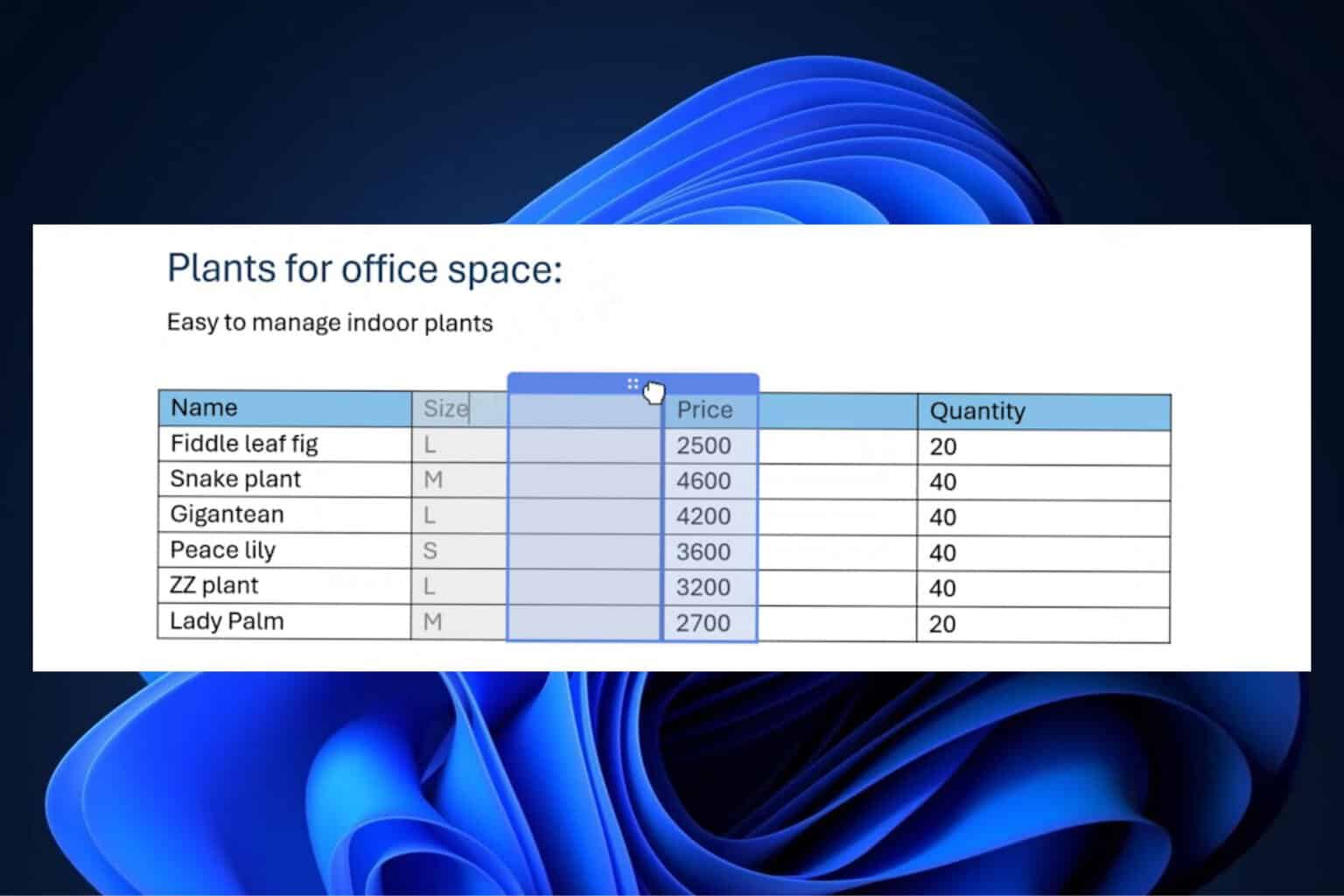Windows 11 24H2: System requirements leaked, indicates AI Explorer is just for ARM-powered PCs
Could this boost the Windows 11 market share?
3 min. read
Published on
Read our disclosure page to find out how can you help Windows Report sustain the editorial team Read more

With Microsoft planning to integrate Copilot into various aspects of Windows 11, we have been hearing a lot about AI Explorer, which will be introduced with the much-anticipated 24H2 release.
Another leak told us something more about the pending feature; it looks like you will need an ARM64 processor like the Snapdragon X Elite powered with NPU, storage of 225 SSD and 16 GB RAM to use it.
Apart from this, all the other new upcoming features will work on all PCs with minimum system requirements.
This was all confirmed by Albacore’s recent X (Formerly known as Twitter) post, which specifically mentions AI Explorers will only work on Snapdragon’s X Elite processors. Here is what the post said:
Turns out Windows 11 build 26100 (purported 24H2 RTM) contains the AI Explorer requirements baked into the OS
The code in the screenshot implies that it is designed to work with a Snapdragon X Elite processor with a designated NPU ID, meaning that many people, even with newer hardware, won’t be able to use AI Explorer.
He also mentioned:
I suppose this implies all upcoming devices will be offered in at least a 16/256 config? Quite the jump from past Surface baseline SKUs. That, or MS will sell you lower tier SKUs anyway and just go no AI Explorer for you
AI Explorer is not the new File Explorer. Instead, it is similar to the Windows 10 Timeline feature, which keeps a record of everything you do on your computer, such as your tasks, browsing history, and meetings, so that you can search for them later.
We hope that as the feature works locally on your device, we won’t have to worry about sending your data to Microsoft.
Microsoft has stressed enough that 2024 will be the year dedicated to AI integration and innovation around the technology. However, the Snapdragon processor constraint and the company trying to highlight that the Qualcomm processor is the best choice for an AI PC implies that not all of us will be able to experience it.
On the contrary, it could be the initial launch strategy to see how things pan out. The Redmond-based tech giant may eventually bring the feature to other NPU-powered devices. Who knows?
Do you think AI PCs will increase the Windows 11 usage rate or even lower it further due to the constraints? Share your opinions with our readers in the comments section below.









